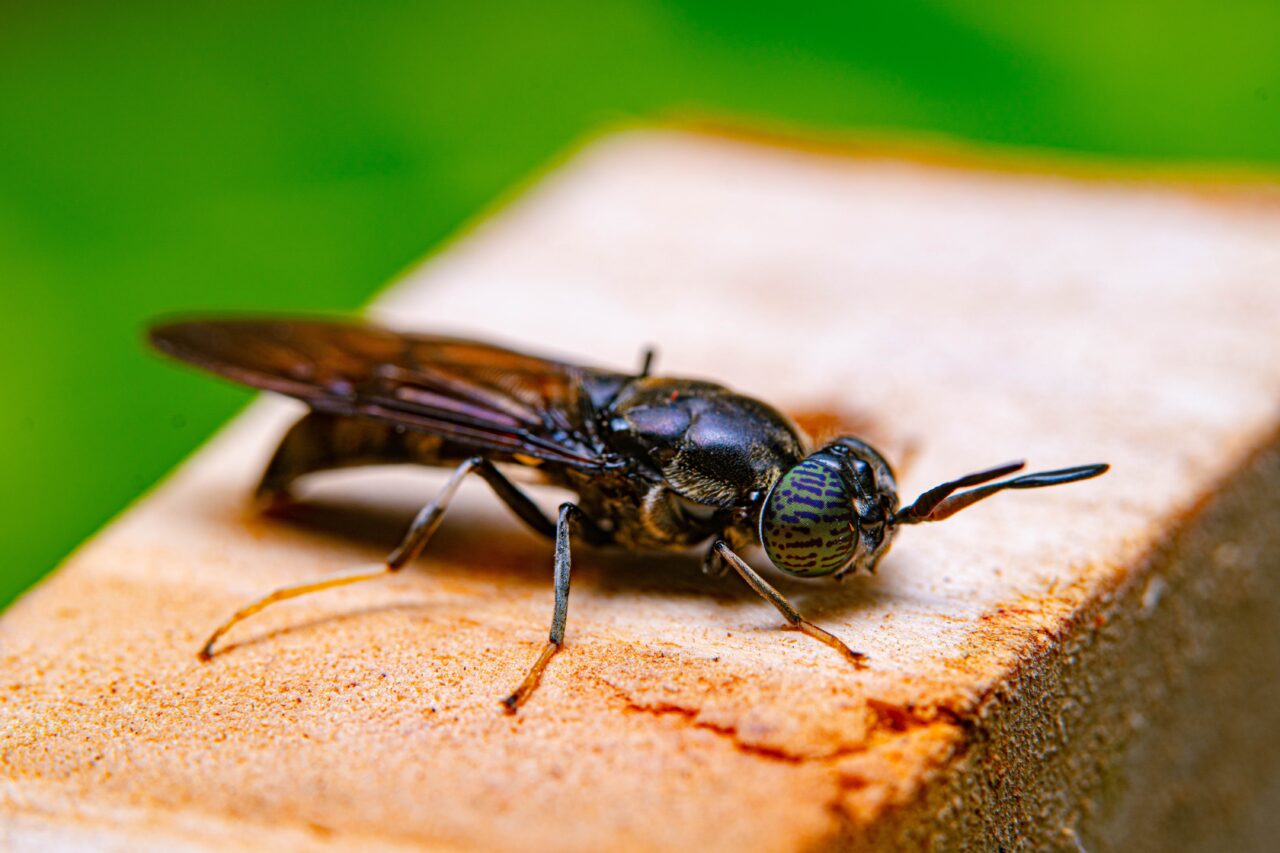Demand for animal feeds and fertilizer within Kampala City
Demand for alternatives sources of feeds and fertilizer has increased due to the Ukraine – Russia war that impacted the supply of fertilizers. Additionally, silver fish from lakes within Uganda used to be a key source for animal protein. However, over fishing has reduced the amount of silver fish. Also, due to human and animal competition for silver fish majority of the product is prioritized for human consumption.
BSF Farmers in Kampala City
From 2006, urban farming has been allowed in Kampala City. The Urban Agriculture Ordinance a law that came into effect in 2006, set guidelines for any individual willing to practice farming in the city and they are required to obtain a permit to do so. Farmers are required to register with the KCCA urban agricultural list to receive a permit to continue farming legally. Limited land space has promoted KCCA to begin training farmers on vertical farming methods.
Majority of the farmers within Kampala grow leafy vegetables as well as keep poultry. This is because of the limited land that they have and the ready market that is available.
In 2022, the government provided feeds and day-old chicks to farmers in three divisions within the city. The chicks were delivered to 421 farmers in Makindye, 501 in Kawempe and 304 in Nakawa. This was under the National Agriculture Advisory Services (NAADS) program.
There are government officials who distribute the vats of the BSF larvae for free and this has created interest among the farmers in Uganda. As at September 2022 more than 1,300 farmers had signed up.
There has been a push at both the public and private sector to encourage farmers to engage in vertical farming. There has been an increase in private farmers who are training other farmers on vertical farming methodologies due to the limited land sizes. One example is Kwagala farm in Kisaasi outside Kampala as well as Hello Mushrooms and Vertical and Micro Gardening that helps families in using their waste to compost it and provide nutrients to their crops.
Stakeholders in the BSF value chain
There is the National Agriculture Advisory Services (NAADS) program that exists within the Ministry of Agriculture responsible for enhancing competitiveness and increasing commercialization in the agricultural sector. One way they do this is by distributing inputs and within Kampala City they have distributed chicks as well as their feeds to poultry farmers.
Center for Insect Research and Development Limited (CIRD) aims at being the leading insect product development firm in Uganda. They provide capacity building on insect business through training and are located in a town 13 kilometers from Kampala. They have BSF breeding facilities and have a network of 240 BSF farmers that they have trained.
Marula Proteen Limited founded in 2020 is a BSF breeding company that aims to solve the lack of sustainable waste management and lack of high-quality protein feed. They are based in Kayunga where the food processing companies also are. In Kayunga they have adopted an out-grower model whereby farmers rear the maggots which they sell back to Marula in exchange for cash or organic fertilizer. To help these farmers in beginning to produce BSF, Marula Proteen have developed a do-it-yourself kit that farmers can easily set up and begin BSF production.
Additionally, Marula Proteen works with Kampala Capital City Authority (KCCA) whereby KCCA provides Marula with waste from landfills and Marula provides the necessary technology needed to produce BSF. Marula Proteen was producing 1.5 tonnes of BSF per month. However, KCCA provided them with a warehouse and they estimate from it they will be able to produce up to 26 tonnes per month. Some of the waste that Marula Proteen gets comes from Kiteezi landfill and Kireka farmer’s market.
Marula sells 1kg of BSF eggs at UGX 2,700 (USD 1). They dry and mill the BSF larvae to make animal feed which they sell to farmers as well. 1 kg of full-fat meal is sold at UGX 4,000 (USD 1.40) and 1kg of de-fatted meal is sold at UGX 4,500 (USD 1.50). They also make fertilizer from the frass generated by the BSF which they sell at UGX 800 (0.30) per kg. Despite the waste collected and BSF generated they are still not able to meet the waste handling targets of KCCA as well as the feed and fertilizer demand from the farmers.
Enimiro is an agri SME that runs a vertical supply chain management business whereby the connect smallholder farmers to buyers in the international market. They have focused on specific value chains and products such as vanilla, arabica coffee and dried pineapple. However, vanilla is their anchor product. Their vertical supply chain model allows for buyers and consumers to understand clearly where their products come from and the economic and social conditions of the farmers that are producing them. According to Enimiro the average landholding for farmers in Uganda is 1.51 acres. This company then encourages farmers to adopt integrated farming systems with BSF farming being one of the value chains to be implemented.
Enimiro have been working with Marula Proteen in a program partly funded by the government of Netherlands that aims to engage farmers on an out-grower model in the BSF value chain. Farmers are provided with larvae and the farmers feed and breed the larvae until maturity of 14 days then sell the mature larvae back to the two companies.
Author: David Kageenu
Manager – Fie-Consult


